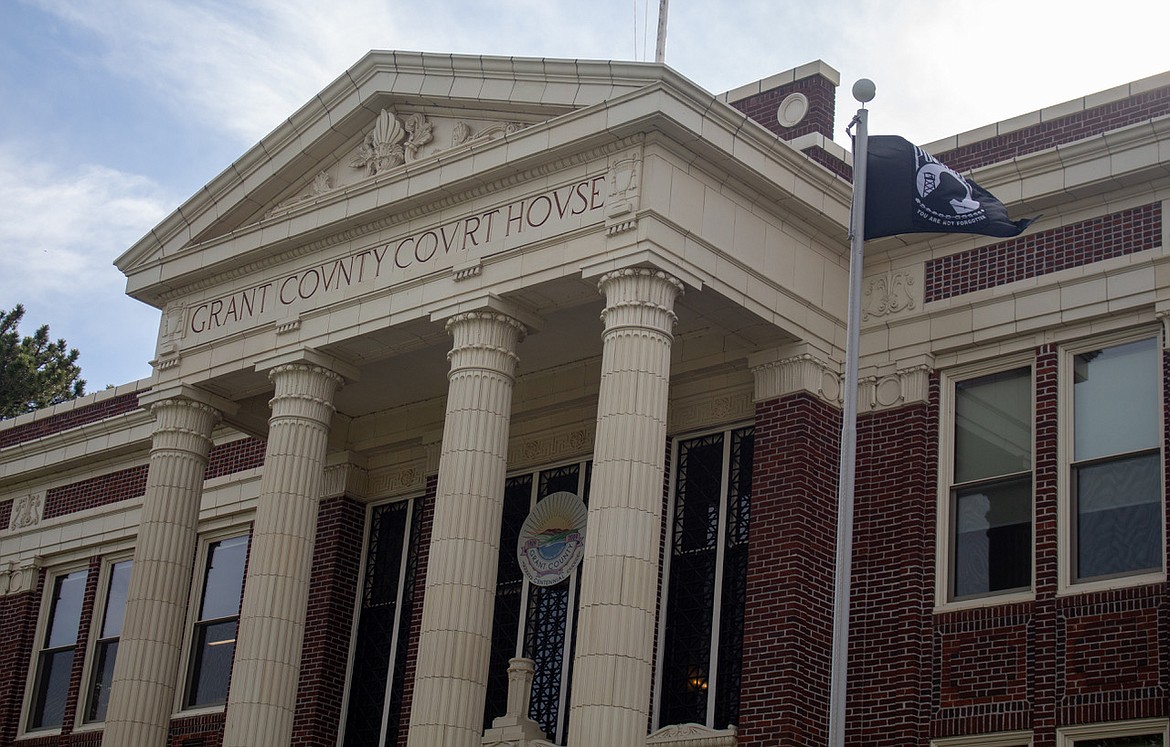Local judicial race colored by years of contention between incumbent and prosecutor’s office
EPHRATA — The race for the seat on the Grant County Superior Court between Judge John D. Knodell and Deputy Prosecutor Kevin McCrae is another chapter in a long and uneasy relationship.
Become a Subscriber!
You have read all of your free articles this month. Select a plan below to start your subscription today.
Already a subscriber? Login





